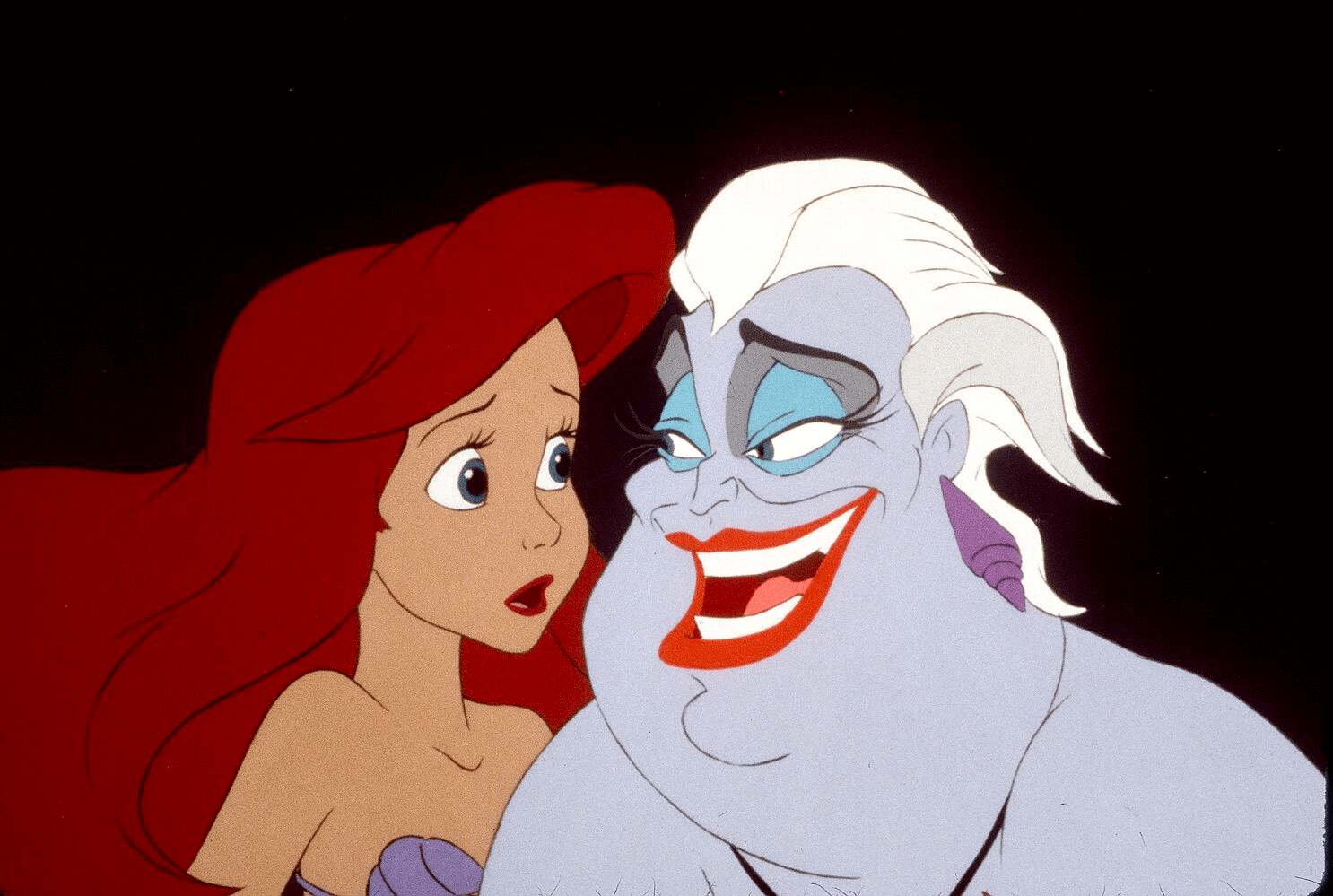The ‘Deal with the Devil’, also known as a Faustian bargain, is a captivating trope that has permeated storytelling across cultures and ages. Rooted in the narrative of Dr. Faustus who trades his soul for infinite knowledge and worldly pleasures, this concept offers a fascinating exploration into the human psyche, our ambitions, and the lengths we may go to satisfy our deepest desires. Let’s delve into the captivating world of these dangerous deals and their enduring allure within our stories.
Deal with the Devil Story
First, let’s define a deal with the devil
Before we look at the history of the deal with the devil and more modern interpretations, let’s first define the deal with the devil in storytelling.
DEAL WITH THE DEVIL DEFINITION
What is the deal with the devil?
A 'Deal with the Devil' in storytelling refers to a plot device where a character is tempted, often with power, knowledge, or survival, to bargain with the devil or a devil-like figure. The character typically surrenders their moral integrity or soul as a trade-off, leading to dramatic consequences.
This trope traces its origins to the legend of Faust, a scholar who, driven by dissatisfaction and ambition, makes a pact with Mephistopheles (the Devil), trading his soul for unrestricted knowledge and worldly pleasures.
The Faustian story, penned in various forms by Christopher Marlowe, Johann Wolfgang von Goethe, and numerous others, is the classic example of this storytelling device. It provides an insightful exploration of human ambition, moral boundaries, and the profound implications of our choices.
Characteristics of a Deal with the Devil:
- Temptation of ultimate power
- Surrender of moral integrity
- Profound, dramatic consequences
Devil’s Bargain Meaning and Origin
Historical Use of Deals with the Devil
Throughout the centuries, the trope of the 'Deal with the Devil' has been skillfully employed in numerous works of literature, bringing depth, conflict, and moral intrigue to their narratives.
Johann Wolfgang von Goethe's Faust is one of the most prominent examples. His work explores the eponymous character's dissatisfaction with his earthly existence and the subsequent pact he makes with Mephistopheles, trading his soul for knowledge and pleasure.
Trope Talk: Faustian Bargains
Similarly, Christopher Marlowe's tragedy, Doctor Faustus, delves into the story of a scholar who, overwhelmed by ambition and thirst for knowledge, makes a deal with the devil, only to face dire consequences.
Even Fyodor Dostoevsky's The Brothers Karamazov incorporates elements of this trope. In the famous "Grand Inquisitor" chapter, Ivan Karamazov presents an allegorical tale where Christ is tempted by the devil, symbolizing humanity's struggle with faith, freedom, and the allure of worldly power.
Each of these works adds unique textures and themes to the trope of the Faustian bargain, enriching our understanding of its allure and the profound implications of succumbing to such temptation.
Making a Deal with the Devil Components
Psychological Aspects
Characters who engage in a Faustian bargain often embody a richer and more complex psychological profile. This deadly exchange not only reveals their deepest desires and ambitions but also their insecurities, fears, and moral compass.
Insatiable Ambition
Characters are often driven by limitless ambition, desiring to transcend human bounds. Their dissatisfaction prompts them to exchange moral integrity for power, leading to dangerous outcomes.
Moral Compromise
Striking a devilish deal implies serious ethical compromise, emphasizing the peril of prioritizing desires over morals. This compromise results in emotional consequences, highlighting the psychological impact.
Exploration of the Human Condition
Finally, such bargains delve into the human condition. Characters' readiness to forfeit their souls reveals human greed and power lust. The ensuing dramatic fallout serves as a stark reminder of the cost of yielding to base instincts, reflecting the ongoing human conflict between noble and base impulses.
These psychological implications add a layer of depth to these characters, making their stories more compelling and relatable. They help us reflect on our own ambitions, moral choices, and the human condition, making the Faustian bargain a timeless storytelling device.
Related Posts
Deal with the Devil in Film and Television
Modern Interpretations and Uses
In the realm of contemporary literature, films, and television shows, the trope of the 'Deal with the Devil' continues to evolve, offering fresh perspectives and interpretations.
Breaking Bad
One of the most striking examples of this trope is the television series Breaking Bad. The protagonist, Walter White, a benign high school chemistry teacher, is transformed into a ruthless methamphetamine producer and dealer.
Motivated by the need to secure his family's financial future following his cancer diagnosis, Walter enters a Faustian pact of his own making as he forgoes his own moral values.

Breaking Bad • Devil Contract Example
He willingly exchanges his morality and innocence for power and wealth in the merciless world of drug trafficking. The series effectively explores the profound, irreversible consequences of his choices.
Supernatural
Similarly, the long-running TV show Supernatural frequently employs the 'Deal with the Devil' trope. Characters often make desperate, soul-selling deals with demons to save their loved ones, altering their fate and suffering the repercussions of their decisions. The show's reinterpretation of the trope serves to underline its enduring relevance and adaptability.
The Little Mermaid
In the realm of animation, Disney's The Little Mermaid provides an interesting take on the Faustian bargain. Ariel, the mermaid princess, trades her voice to the sea witch Ursula in exchange for becoming human. This seemingly innocent pact mirrors the essence of the trope, demonstrating its applicability to varied narrative styles and audiences.

Little Mermaid • Devil Contract Example
These modern interpretations of the Faustian bargain highlight the trope's timeless appeal and adaptability. They underscore our ongoing fascination with the complex interplay between ambition, morality, and the human condition, regardless of the narrative context.
Up Next
What is the Hero’s Journey?
The Faustian Bargain of deal with the devil is used throughout the history of storytelling. In our next article, we analyze another common story structure device — the Hero’s Journey.
